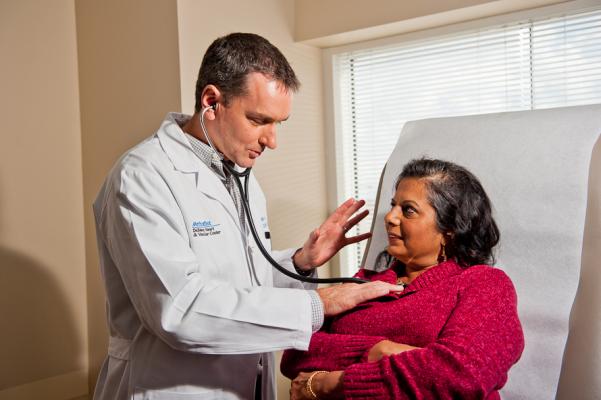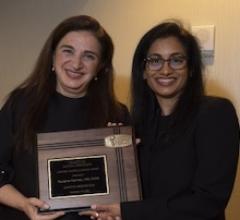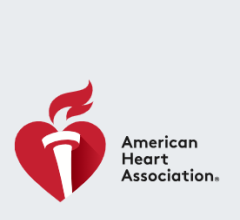
November 18, 2016 — Boston Scientific recently announced results from the first clinical trial evaluating the performance of the HeartLogic Heart Failure Diagnostic Service to predict impending heart failure (HF) decompensation. Data collected from the Multisensor Chronic Evaluation in Ambulatory Heart Failure Patients (MultiSENSE) study were presented as a late-breaking clinical trial at the American Heart Association (AHA) Scientific Sessions 2016, Nov. 12-16 in New Orleans, and confirmed the HeartLogic alert provided a highly sensitive and timely predictor of a future HF event.
Data from the MultiSENSE trial demonstrated the HeartLogic alert had an observed sensitivity of 70 percent and a low unexplained alert rate (alerts not followed by a HF event) of 1.47 per patient per year. Additionally, the trial data demonstrated the HeartLogic alert could successfully notify clinicians of an associated HF event — defined as hospitalizations with HF as the primary diagnosis and HF outpatient treatment with intravenous therapy — with a 34-day median alert window.
"The primary endpoints were exceeded and demonstrated that this algorithm, which mimics the activity and analysis of a clinician by combining multiple measurements evaluating different aspects of heart physiology, is a strong predictor of heart failure events," said John P. Boehmer, M.D., principal investigator and medical director of the Heart Failure Program at The Pennsylvania State University College of Medicine and The Penn State Hershey Medical Center. "The study illustrates compelling performance of the HeartLogic algorithm for the detection of worsening heart failure and lays the foundation for future studies of the alert in clinical practice."
The study included 900 patients who had enhanced sensor data collection enabled in their cardiac resynchronization therapy defibrillator (CRT-D) systems and were followed for up to one year in either a development or test cohort. Information from the 500 patients within the development set was used to construct the HeartLogic composite index and alert algorithm by combining heart sounds, respiration rate and volume, thoracic impedance, heart rate and activity. The 400 patients within the test set were sequestered for subsequent independent validation of HeartLogic.
The company has submitted a design dossier for CE Mark and a premarket approval application for U.S. Food and Drug Administration approval of the HeartLogic service. Boston Scientific plans to conduct post-approval studies, including Multiple cArdiac seNsors for mAnaGEment of Heart Failure (MANAGE-HF), to further evaluate the alert.
The HeartLogic Heart Failure Diagnostic Service is not currently available for use or sale.
For more information: www.bostonscientific.com


 November 14, 2025
November 14, 2025 









